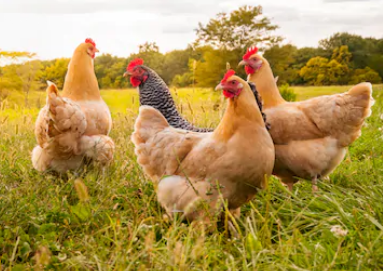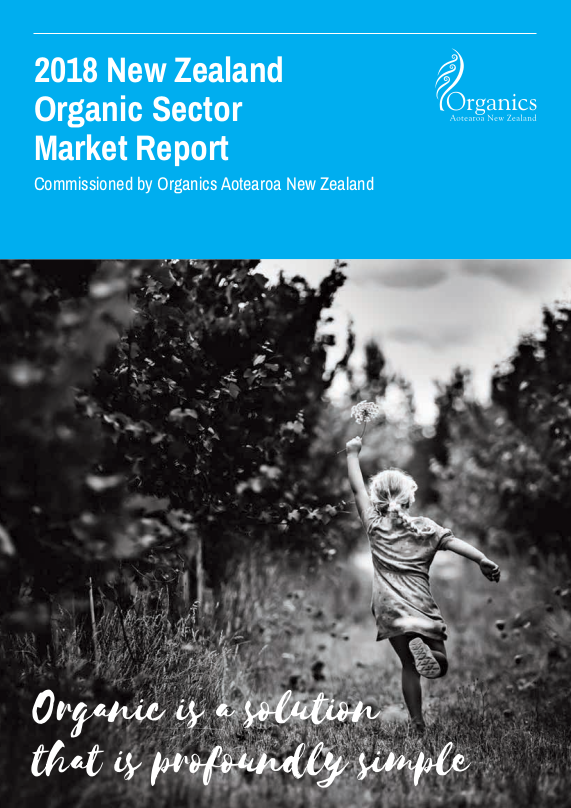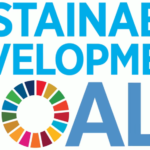Submissions due May 28th

For the last few years, government has been working with NZ’s organic sector (Soil & Health, BioGro, OFNZ, OANZ, and others) to create a national standard that will ensure a clear definition for certification and benefit our domestic and international markets. As of 2018, organics is a $600M industry in NZ that has grown 10% p.a. since 2012, with 1,118 licensees and 1,672 certified enterprises contributing to our national health, ecology, and economy!
The Organic Products Bill is now open for submissions until May 28th and there are some crucial points worth submitting on to ensure we have a robust and accessible organic standard for the years ahead!
- ‘Organic’ needs to be defined in the bill. The sector is in agreement on including the internationally recognized definition and principles from IFOAM.
- To exclude genetically modified organisms from any definition of organics in keeping with other national organic standards and New Zealand’s status as a non-GMO country.
- To change the title to ‘Organic Production and Products Bill’, reflecting the systems and people behind the products.
- Expand the purpose of the act to:
- increase consumer confidence in purchasing organic products; and
- increase certainty for businesses making organic claims; and
- facilitate international trade in organic products; and
- encourage the growth of the domestic industry;
- maintain and support established principles of organic agriculture; and
- support agriculture that sustains and regenerates the health of soil, water and biodiversity”
- Highlight organic production as an important means to mitigate climate change, improve water quality, and to protect/enhance biodiversity. These outcomes are integral to many of our national goals and international commitments. Even with over 88,000ha under certification, this is <1% of New Zealand’s land, and the organics sector deserves more support to grow.
- The proposed regulatory system of accrediting certifiers and individual licensees flies in the face of international best practice. It would be most efficient for the responsible Ministry to accredit recognized certification entities, holding a register of licensees, and enforcing infringements rather that trying to coordinate individual certifications.
- The proposed ‘Organic Authority’ should include producers, processors, consumers, traders, certifiers, organic scientific representatives and Māori. It should be more than an advisory board and must work to decide on, develop, and monitor the organic standard.
- The bill makes no provision for a Participatory Guarantee System (PGS) (a low-cost, peer-reviewed system) which is currently in offered by Organic Farm NZ and essential for small, domestic producers to be certified organic. A focus on supporting these small to medium scale producers is largely missing from this bill and needs attention to ensure all organic certification remains accessible at all scales.
- Extra costs of logistical changes to certification should not be passed on to producers or in turn consumers. Ensuring an accessible price point for local products is important for both the domestic economies and national food resilience.
- The organic standards documents should be free and accessible to the public.
Feel free to reference or echo the Soil & Health Association’s submission which will be available soon on https://organicnz.org.nz/!


